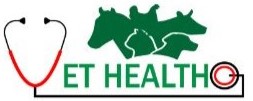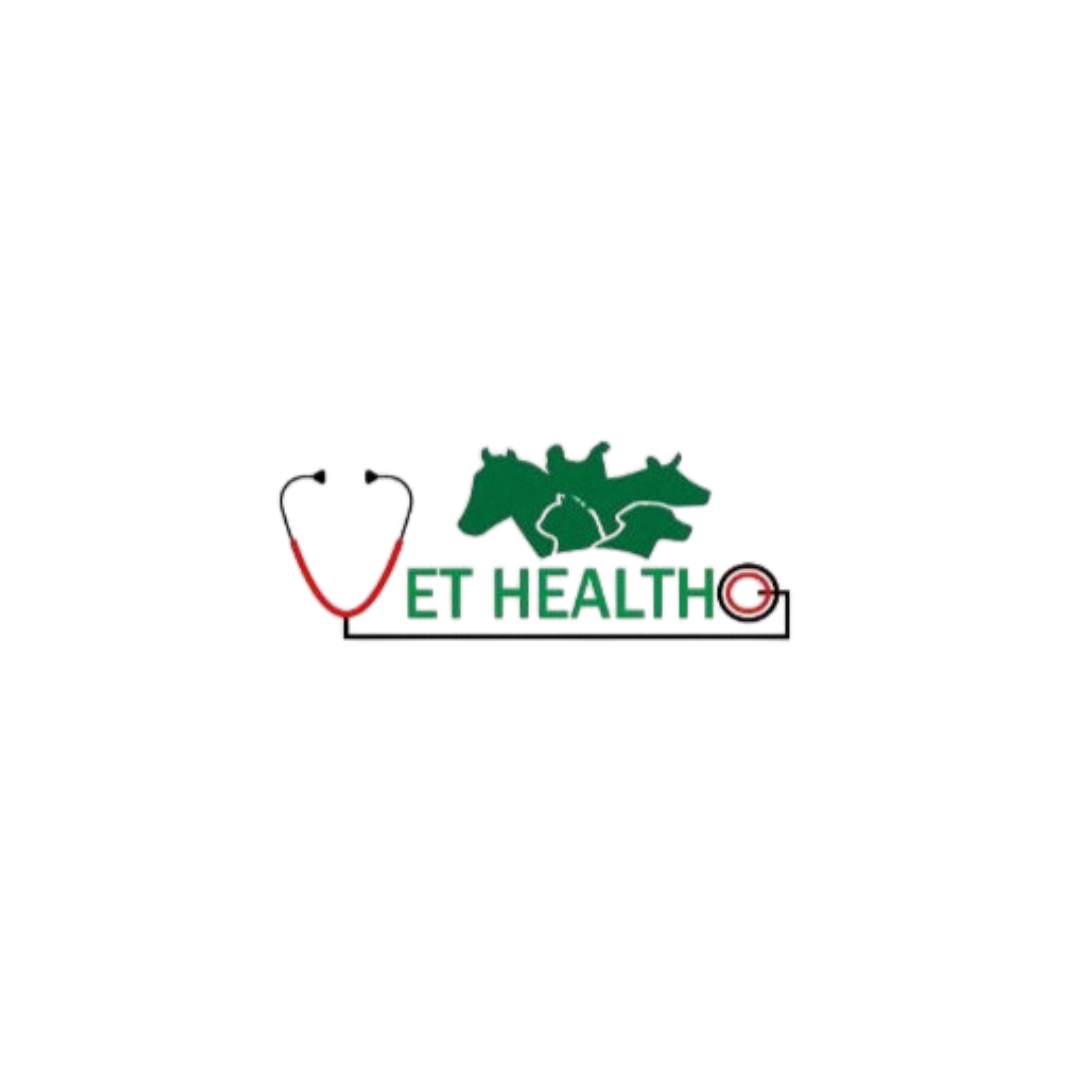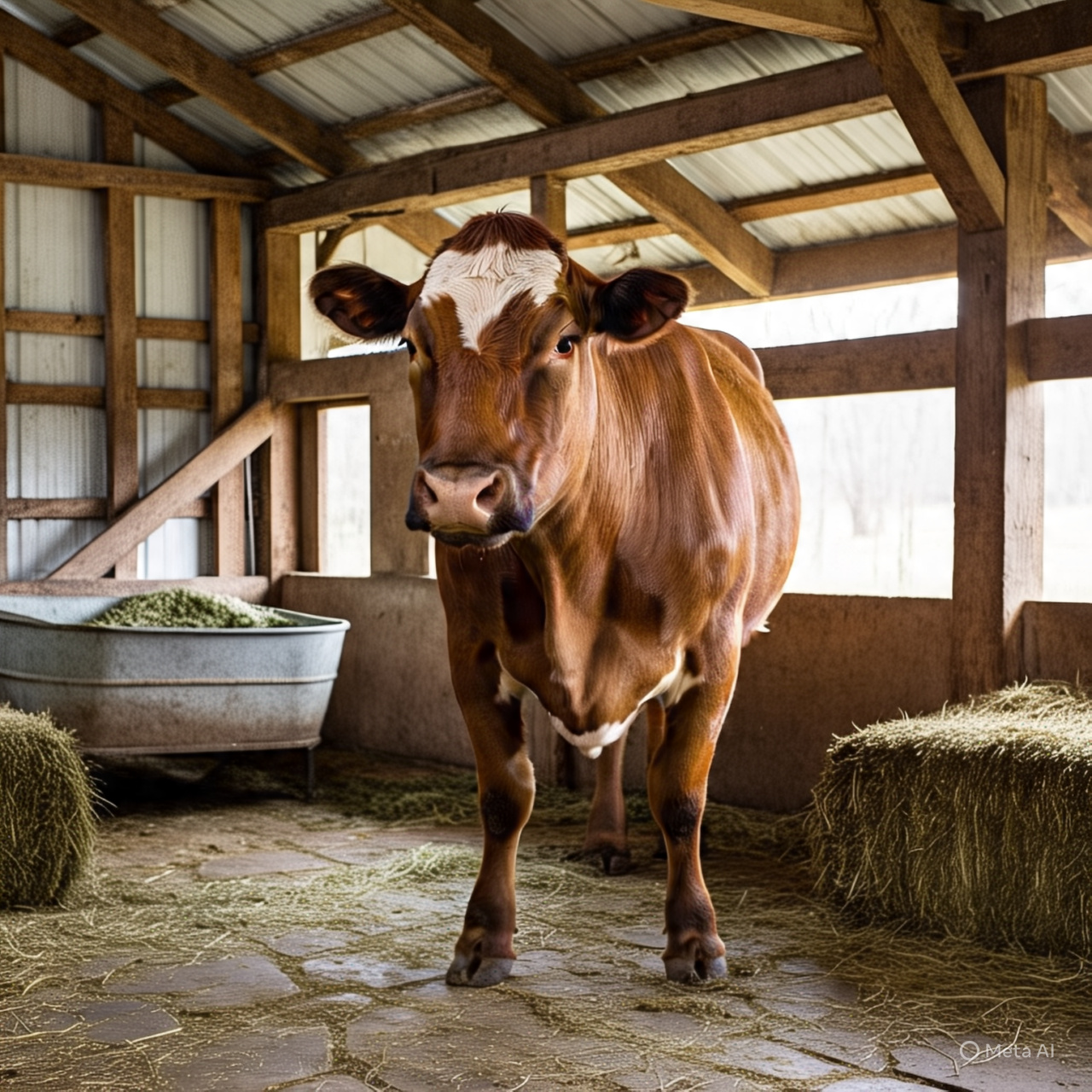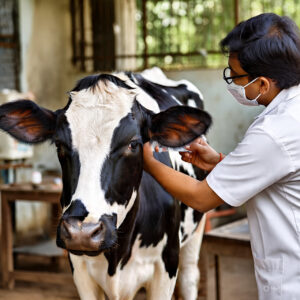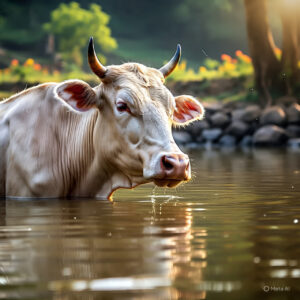Introduction
“Care of pregnant cows is an important responsibility for every dairy farmer and livestock keeper. Proper care of pregnant cows ensures healthy calving, prevents complications, and supports both mother and calf health.”
Proper care during pregnancy ensures the cow’s health and safe calving. It also improves the calf’s survival rate. Farmers must follow specific practices during this critical phase.
Importance of Pregnancy Care in Cows
Pregnancy care keeps cows stress-free. It supports proper fetal development. Good care reduces birth-related complications. The result is a strong calf and a healthy cow.
Do’s for Pregnant Cow Care
1️⃣ Provide Balanced Nutrition
Give high-quality fodder. Include green grasses, dry fodder, and grains. Provide minerals and vitamins as per veterinary advice.
2️⃣ Ensure Clean Drinking Water
Fresh, clean water must be available at all times. Dehydration can harm both cow and calf.
3️⃣ Regular Veterinary Check-ups
Schedule periodic health check-ups. Early detection of issues ensures quick action.
4️⃣ Maintain Clean Housing
Keep the cow shed dry and clean. Wet floors may cause infections and slipping injuries.
5️⃣ Moderate Exercise
Allow the cow to walk freely. It keeps muscles strong and prepares the body for calving.
6️⃣ Deworm and Vaccinate
Consult a vet for deworming schedules. Follow vaccination plans to prevent diseases.
7️⃣ Monitor Body Condition
Keep the cow neither too thin nor too fat. Obesity or weakness can complicate calving.
8️⃣ Provide Shade and Comfort
Protect cows from extreme heat or cold. Create a comfortable resting area.
9️⃣ Observe Behaviour Closely
Watch for signs of illness or discomfort. Early signs of labor should also be noted.
10️⃣ Prepare for Calving in Advance
Have clean calving pens ready. Keep essential calving tools nearby.
Don’ts for Pregnant Cow Care
❌ Avoid Overfeeding Grains
Too much grain can cause bloating. It can also lead to metabolic disorders.
❌ Don’t Use Harsh Handling
Pregnant cows are sensitive. Gentle handling prevents stress and injury.
❌ Don’t Ignore Health Signs
Never neglect fever, discharge, or changes in appetite. Immediate veterinary care is vital.
❌ Avoid Sudden Diet Changes
Changing the feed suddenly may cause digestive issues.
❌ Don’t Keep Cows Tied for Long
Long periods of restraint reduce mobility. It can weaken muscles.
❌ Avoid Overcrowded Housing
Overcrowding raises infection risks. It also increases stress levels.
❌ Don’t Delay Veterinary Help During Labor
Complications during calving can be fatal. Timely help saves lives.
Preparing for Calving
Calving pens should be spacious. Disinfect the area regularly. Keep clean towels, ropes, and antiseptics ready. Have the vet’s contact number accessible.
Post-Calving Care
After delivery, ensure the cow expels the placenta. Monitor the calf’s breathing and feeding. Provide colostrum within the first two hours. Clean the cow’s udder before feeding the calf.
